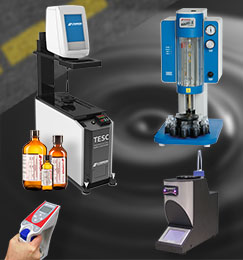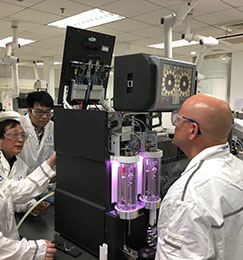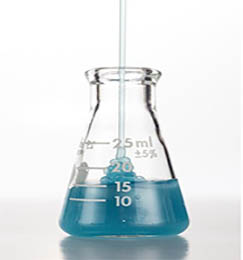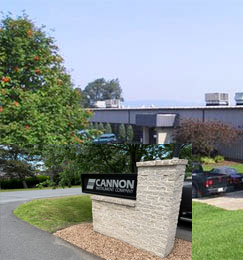Differential Scanning Calorimeter (DSC): NEXTA® DSC series
87.5000
NEXTA DSC series, Hitachi’s latest series of differential scanning calorimeter (DSC), delivers superior sensitivity with exceptional baseline stability. The NEXTA DSC allows for wide temperature ranges with simultaneous dual-source cooling systems and RealView® for real-time image capture. NEXTA DSCs offer full temperature modulated DSC capability to separate overlapping transitions and specific heat measurements. Like all Hitachi thermal analysis instrumentation, the NEXTA DSC offers exceptional build quality and the most robust robotic autosampler on the market.
The series of DSCs provide cutting-edge measurement technology for quality control in various fields as well as research and development of polymers, inorganic materials, pharmaceuticals, and others.
Click here for additional info by Hitachi.
In stock








